Shadeur Sanders was the biggest surprise and disappointment for a top-five prospect in the 2025 NFL Draft. Sanders, son of “Prime Time” Deion Sanders, was picked to be one of the best quarterbacks to come out of the 2025 Draft. If he had everyone’s high hopes, why did Shadeur drop so far down in the draft? Is Sanders going to prove everyone wrong and send the message that he was, in fact, a top prospect?
Shadeur Sanders had made a name for himself before the draft, building a custom room in his house for the draft, including a shelf with the hats of all 32 NFL teams. He was very confident in himself, maybe too confident. Many people thought that was the reason Sanders dropped out of the first three rounds. In some of his interviews, the smell and strength of the cologne he wore forced some of the meetings to be held on walks outdoors. According to Fox Sports’ Ed Black, “A lot of times when you go to these combine meetings, teams give you things to challenge you. Teams will have players’ worst plays ready for them, and they’ll show them their worst plays and say, “Hey, why don’t you explain them?” And Shedeur apparently did not take to it well. And at one point, one of the few teams that actually was interested in him (Pittsburgh Steelers) said, “Well, what to make of this really bad play?” And Shedeur said, “You know, maybe I’m not the guy for you.” That is not the answer the Steelers coaching staff was looking for. Ed Black from Fox Sports also wrote that another major factor in the lack of interest from teams was “Deion’s confidence and Shadeur’s arrogance.” Deion, being a coach and a confident father, will likely disagree with and try to correct problems that are no longer his to worry about. Unlike most athletes who hire agents prior to the draft, David Brandt from AP News said that Shadeur refused to hire an agent to direct him through the draft process. “A certified agent could have provided Sanders with beneficial insights into the draft process,” Brandt said. It is widely believed that Shadeur’s father, Deion, served as his advisor. When an anonymous NFL executive was asked about Shadeur’s pre-draft interview experience, they noted it was “the worst formal interview” he’d been part of, and, “I believe Shedeur approached these visits with teams as a recruiting trip versus a job interview” (AP News).
Can Shadeur prove the critics wrong and become “Legendary,” or will he be like many other college players who find themselves at the bottom after their first few rookie years? Many believe Sanders would struggle in the league. Before the draft, Merrill Hoge, a former Steelers running back from CBS Sports, discussed this topic. Hoge said, “I think the best way to sum Shadeur up is, he’s a really good college quarterback.” Shadeur had the highest completion percentage of all other Football Bowl Subdivision (FBS) quarterbacks, mainly screen passes, which caused the stat to be overlooked. During the 2024 season, Sanders had 168 passing attempts that were at or behind the line of scrimmage, which was tied for the most in the FBS. Those 168 passing attempts represented 35% of all his throws (CBS Sports). Hoge said, “You have to look past the screens to figure out how Sanders’ play will translate to the NFL.” Hoge then said Shadeur had good accuracy and processing for a college quarterback but needed better anticipation and pocket awareness. If NFL teams felt the same way as Hoge, it is easy to see why Sanders ended up sliding. If players cannot learn to improve once they reach the NFL, then they will not succeed and become a franchise guy. Shadeur’s arrogance most likely convinced teams that he would not improve or be coachable.
In conclusion, there are many good reasons for Shadeur’s slide, including his bad interviews and arrogance, or his dad possibly questioning the future coach’s plans. His skill set needs improvement, including coachability. When comparing Sanders to recent first-round quarterbacks such as CJ Stroud, Jayden Daniels, and Joe Burrow, it is easier to understand his draft slide, he barely played powerhouse SEC and BIG 10 schools. Stroud (OSU), Daniels (LSU), and Burrow (LSU) all played in the BIG 10 or SEC, and all of them took their teams to the postseason in their rookie year. In Shadeur’s two years at Colorado, he only played four games against BIG 10 teams and lost three of them. Colorado played zero SEC teams in 2023 or 2024. If Shaduer ever gets to play in the NFL, he will certainly have a wake-up call. Can Shadeur Sanders prove everyone wrong or will he confirm the risks that the teams had of drafting him?




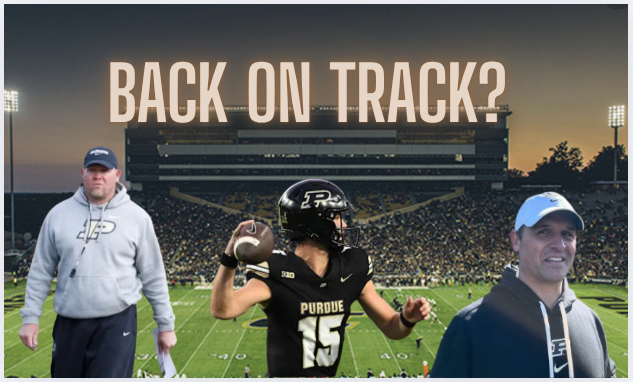


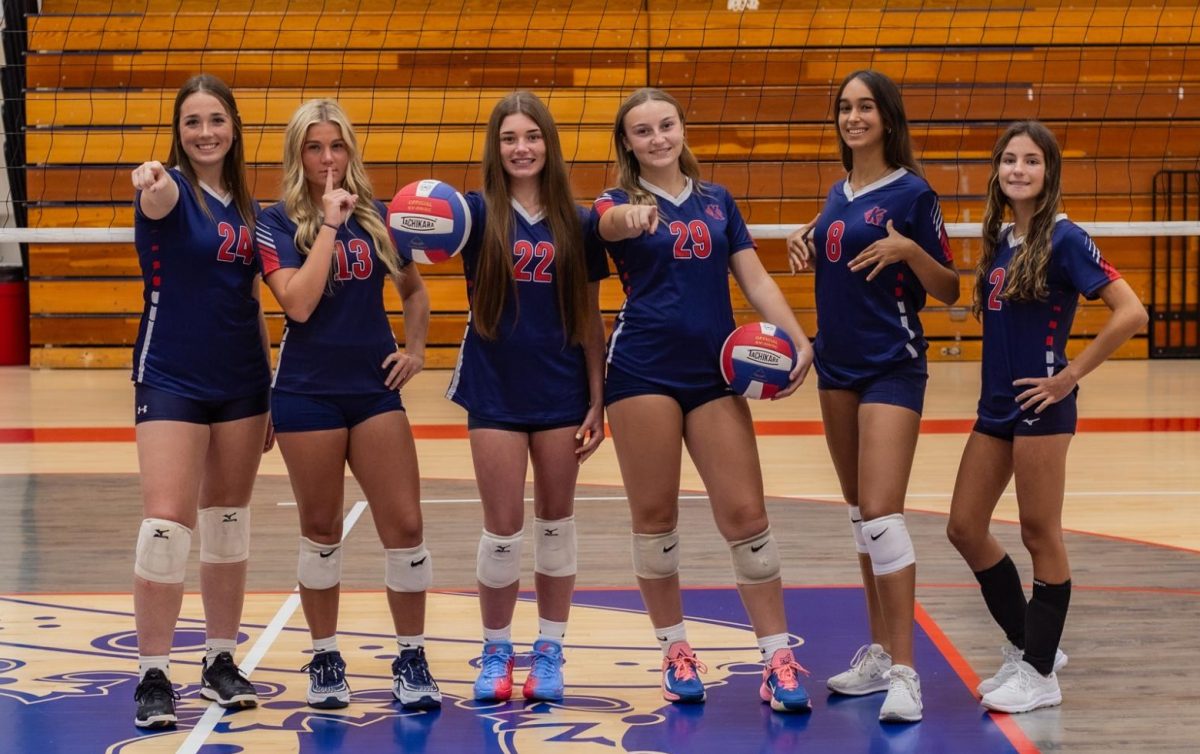
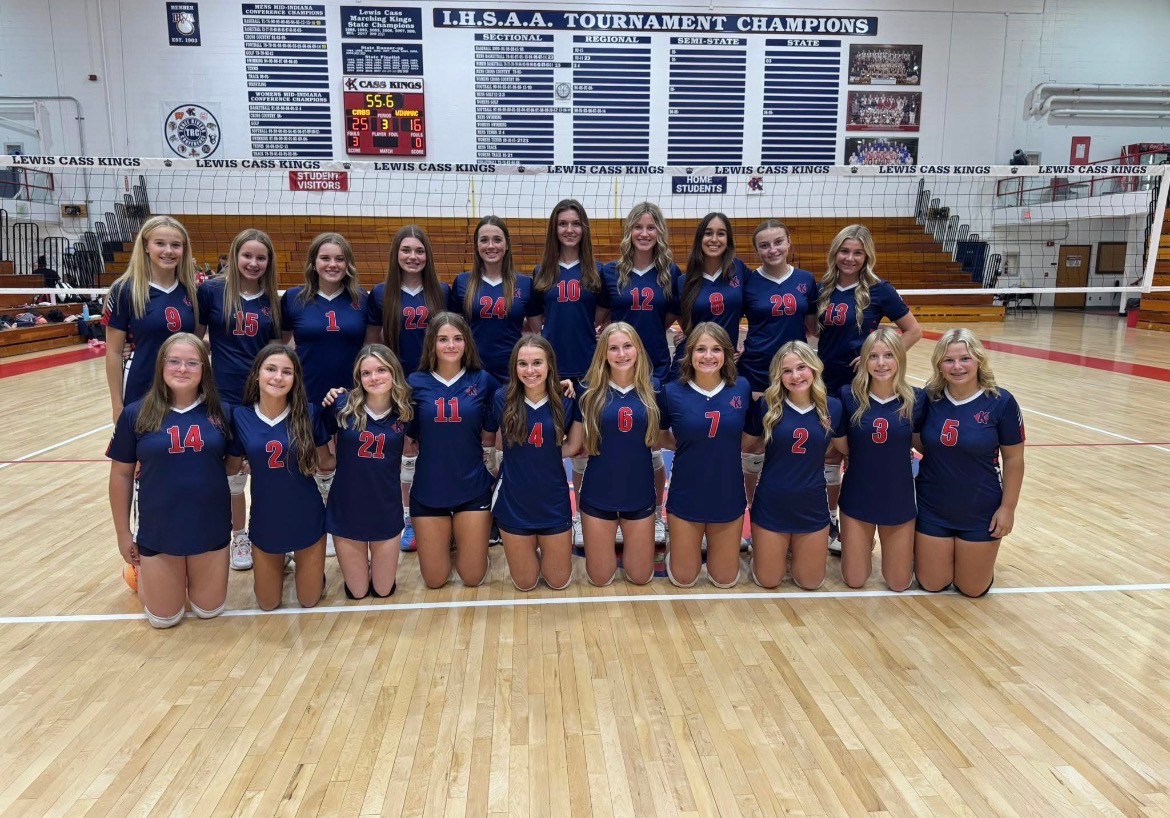


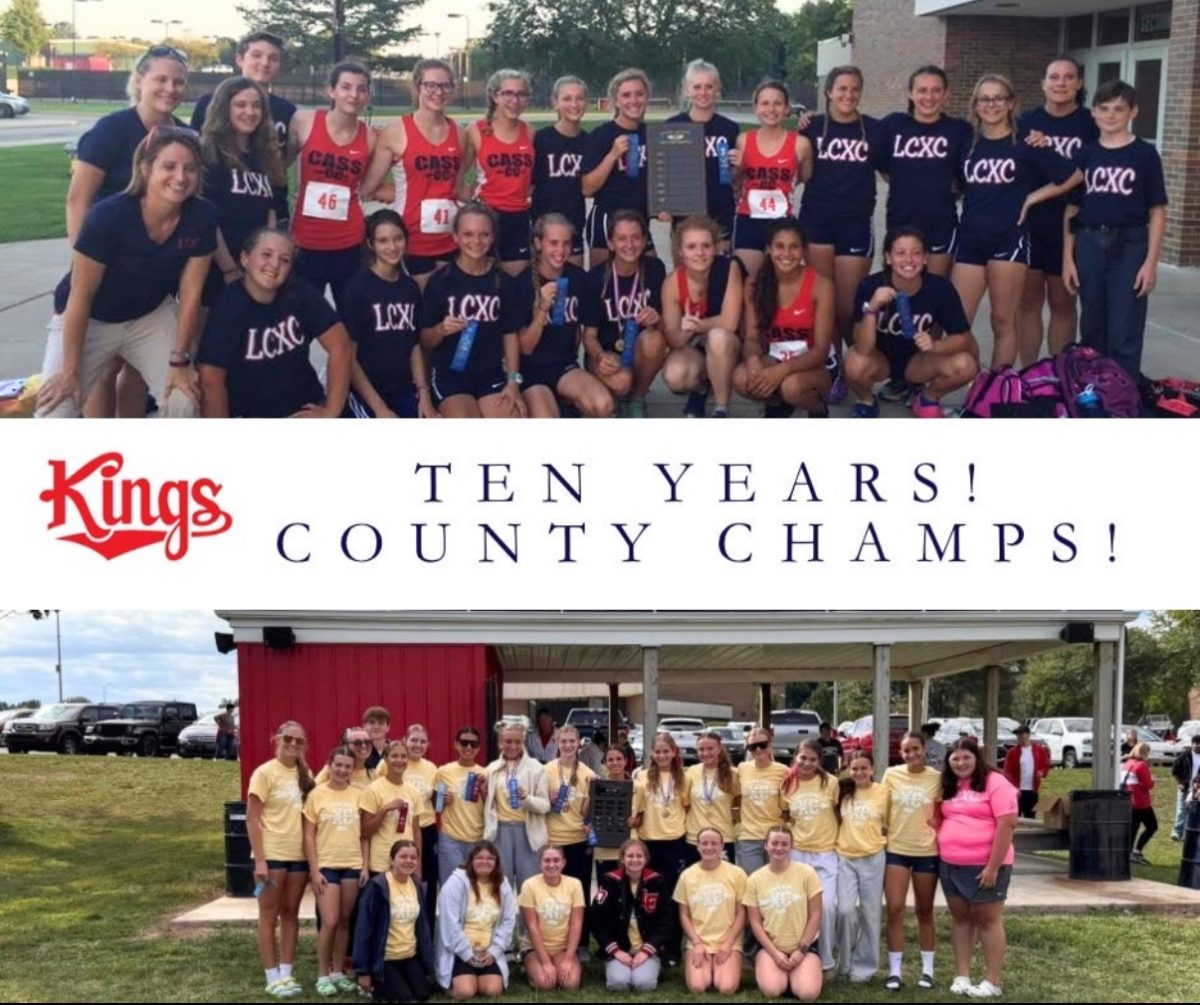
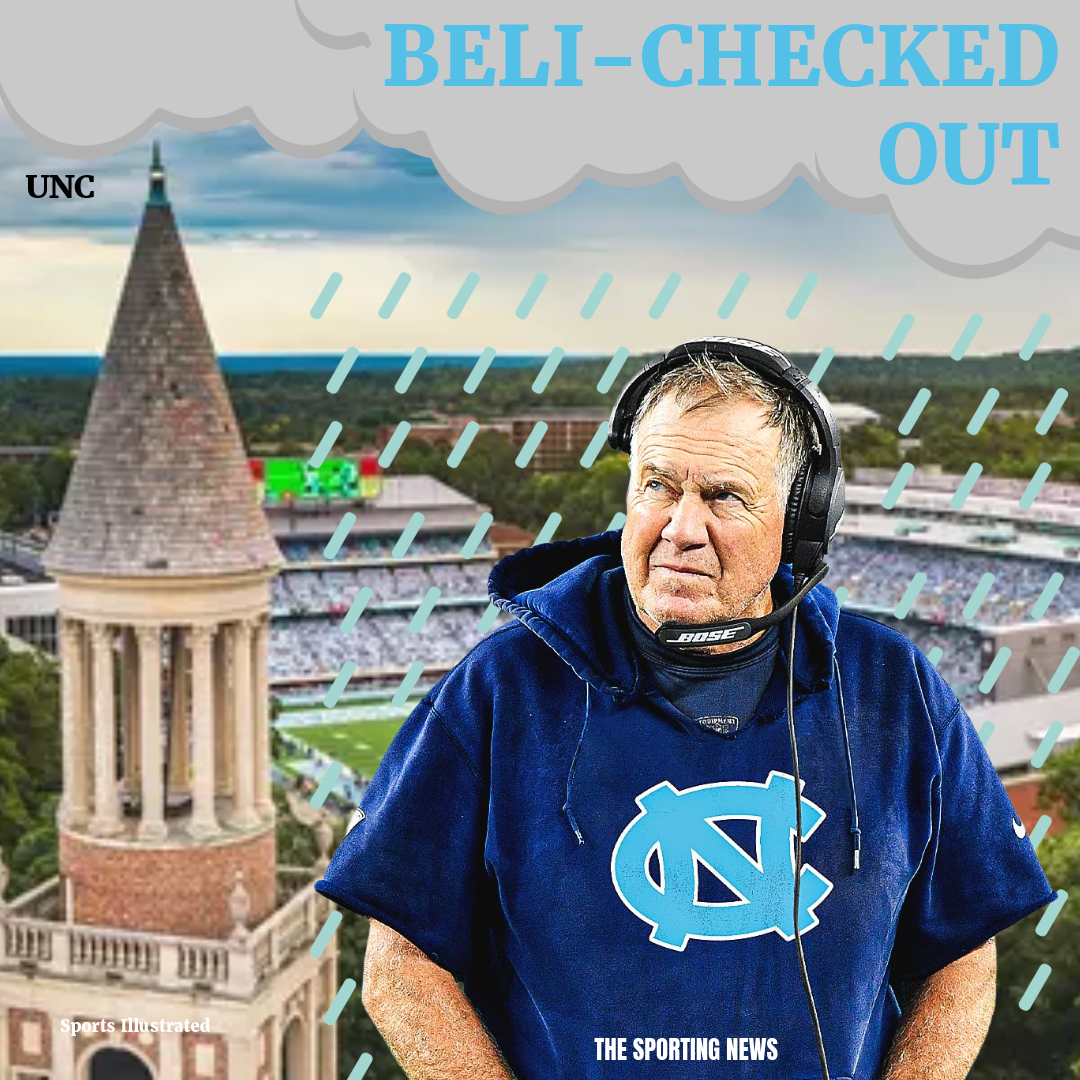


Ben • May 5, 2025 at 8:54 am
What cologne was Sanders wearing in those interviews?